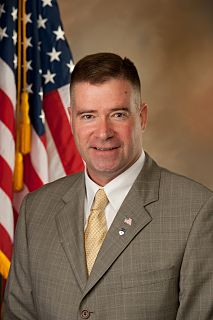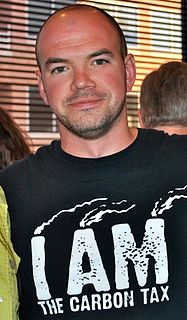A Quote by Alex Padilla
Our most historically underserved communities have been hit the hardest by the COVID-19 Pandemic. Many in these communities have not had the option of not going to work or working remotely, increasing their risk of exposure to coronavirus.
Related Quotes
In my writing, I want to address all communities, you know. I've spent many years talking about Chicano culture, Chicano history, and at the same time, I've also been in many communities and presented my work in many communities, in many classrooms, and that's where my vision is and my delight is and my heart is.






























